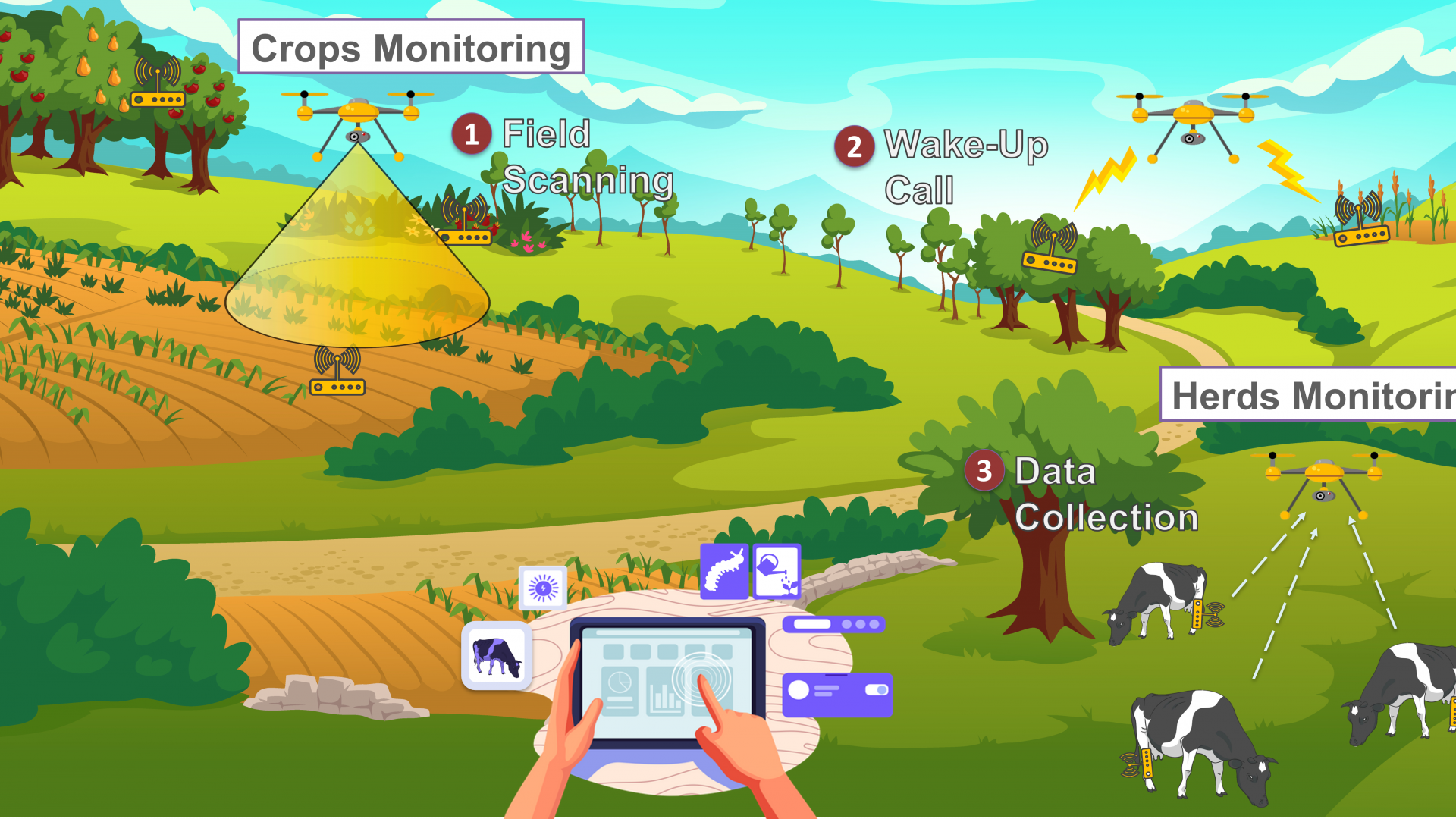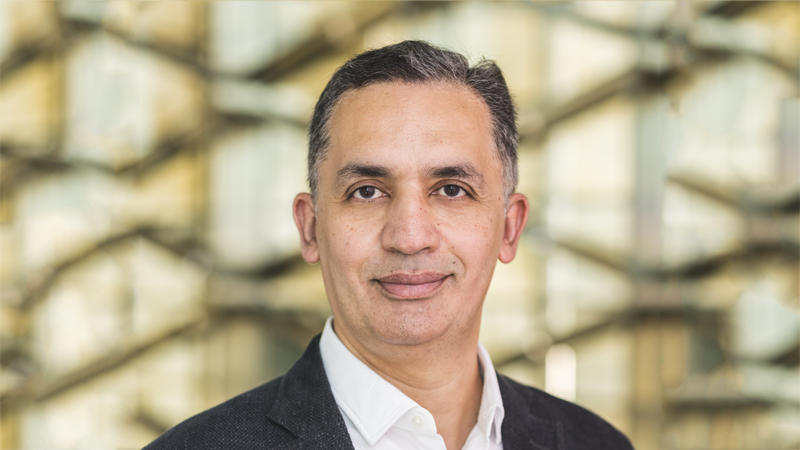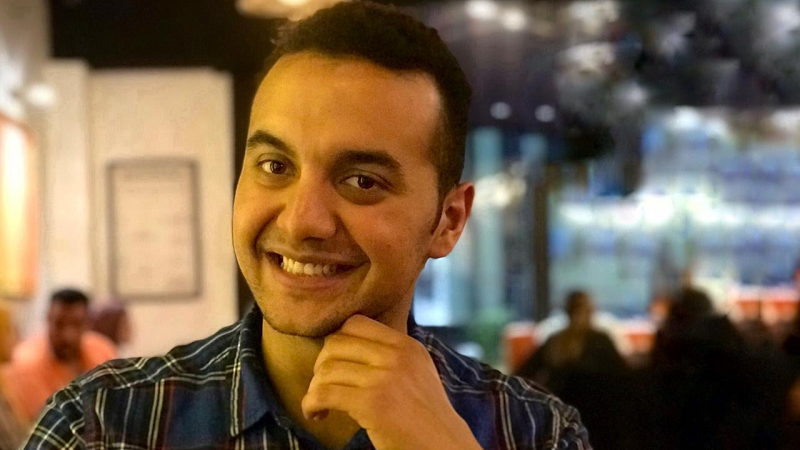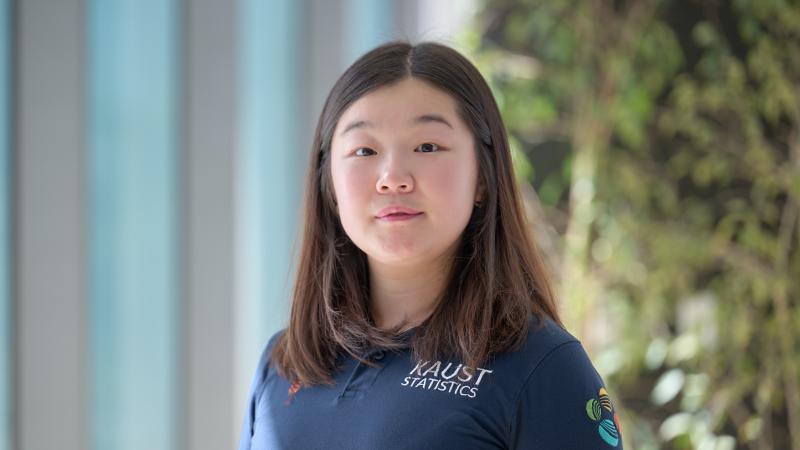By David Murphy
A team composed of KAUST and King Fahd University of Petroleum and Minerals (KFUPM) students was one of three winning teams of this year’s Saudi Telecom Company (STC) AIoT (AI & IoT) Hackathon. The KAUST entry, AgriDoctor, a proposed autonomous, sustainable, intelligent agriculture system, was a standout pick for the competition judges from a pool of 110 project submissions and 350 participants.
Held from October 10-12, 2021, the hackathon was open for in-Kingdom university students and STC employees and subsidiaries based in Bahrain and Kuwait. The event served as a showcase for Saudi students who are currently developing and utilizing emerging technologies and AIoT in three key domains: smart cities and industries, agriculture, and healthcare.
A collaborative winning effort
The winning team featured Omar Magdy Khalifa, a senior undergraduate student at KFUPM and a former summer intern at KAUST Information Systems Lab, under KAUST Professor of Electrical and Computer Engineering Tareq Al-Naffouri; Aleksandar Cvejić, a member of the KAUST Vision-CAIR research group; Tarig Eltahir, a lead member of the KFUPM UAV club and member of Firnas Aero, a drones-based startup at KAUST; and KAUST Ph.D. student Yan Gong. During the event, the team created an entire business plan for AgriDoctor during several successful meetings with their hackathon mentors.
“At the hackathon, we also proved the validity of our proposals by training neural networks to detect agriculture problems. We also built a statistical dashboard that analyzes collected data to determine several health metrics of the field; a simple Internet of Things (IoT) device with several agricultural sensors; and provided the details of the drone design for our system,” Khalifa said.
As an intern at KAUST, Khalifa initially worked on a project under Al-Naffouri and Dr. Nour Kouzayha, with the help of research scientist Mohammed Abdullah, to improve the power efficiency of battery-powered IoT systems. His research focused on keeping the IoT system devices in deep sleep while using drones to “wake up” the devices with radio-frequency signals and collect their information when needed.
“We came to realize that such an application could be of high importance in the field of smart agriculture, where drones, IoT systems, and agricultural sensors are being already implemented. We then developed a more advanced system using advanced artificial intelligence (AI) and data analysis technology capable of enabling drones to detect and treat agricultural problems autonomously,” Khalifa explained.
The project was also chosen for presentation during KAUST Research Open Week November 28–December 2, 2021, focusing on sustainability.
Optimizing the Kingdom’s agricultural output
AgriDoctor’s core goal is to improve the current state of smart agriculture by providing a fully functioning autonomous, energy-efficient, innovative agriculture system customized for local agriculture needs. The proposed system collects and analyzes a wide range of agricultural data to detect unusual patterns and problems and then decides the appropriate treatment autonomously. The system also optimizes irrigation, fertilization, and herbicide levels to reduce waste and maximize crop yields.
Agriculture in Saudi Arabia faces several persistent challenges, including an arid climate, low precipitation, sandy infertile soils, and water scarcity. In response to these ongoing challenges, the Ministry of Environment, Water, and Agriculture (MEWA) has announced measures to improve agricultural efficiency in the Kingdom through AI and drone technologies.
“Initiatives like this from MEWA suggest that soon, there will be high demand for projects similar to AgriDoctor. Projects that can provide the needed research and dataset collection to enable the future use of AI, data analysis, and other technologies in Saudi agriculture,” Khalifa noted.
“Our win at the STC AIoT hackathon gives us a huge amount of encouragement to advance this project further. I hope that one day we will be able to see AgriDoctor implemented in real life, contributing to the advancement of smart agriculture in the Kingdom, or even on a global scale,” he added.
“The hackathon win is yet another demonstration of the fruitful collaboration between KAUST and other Saudi universities, in this case, KFUPM. The quality of our students, and the interns we attract and train at the University, is an example of the ongoing ecosystem of excellence we are creating at KAUST,” Al-Naffouri concluded.



